
Leisurely Consecration
The traditional Catholic conception of leisure—a “mental and spiritual attitude” closer to worship than to idleness—can help us consecrate ourselves with joy, rather than toil.

The traditional Catholic conception of leisure—a “mental and spiritual attitude” closer to worship than to idleness—can help us consecrate ourselves with joy, rather than toil.
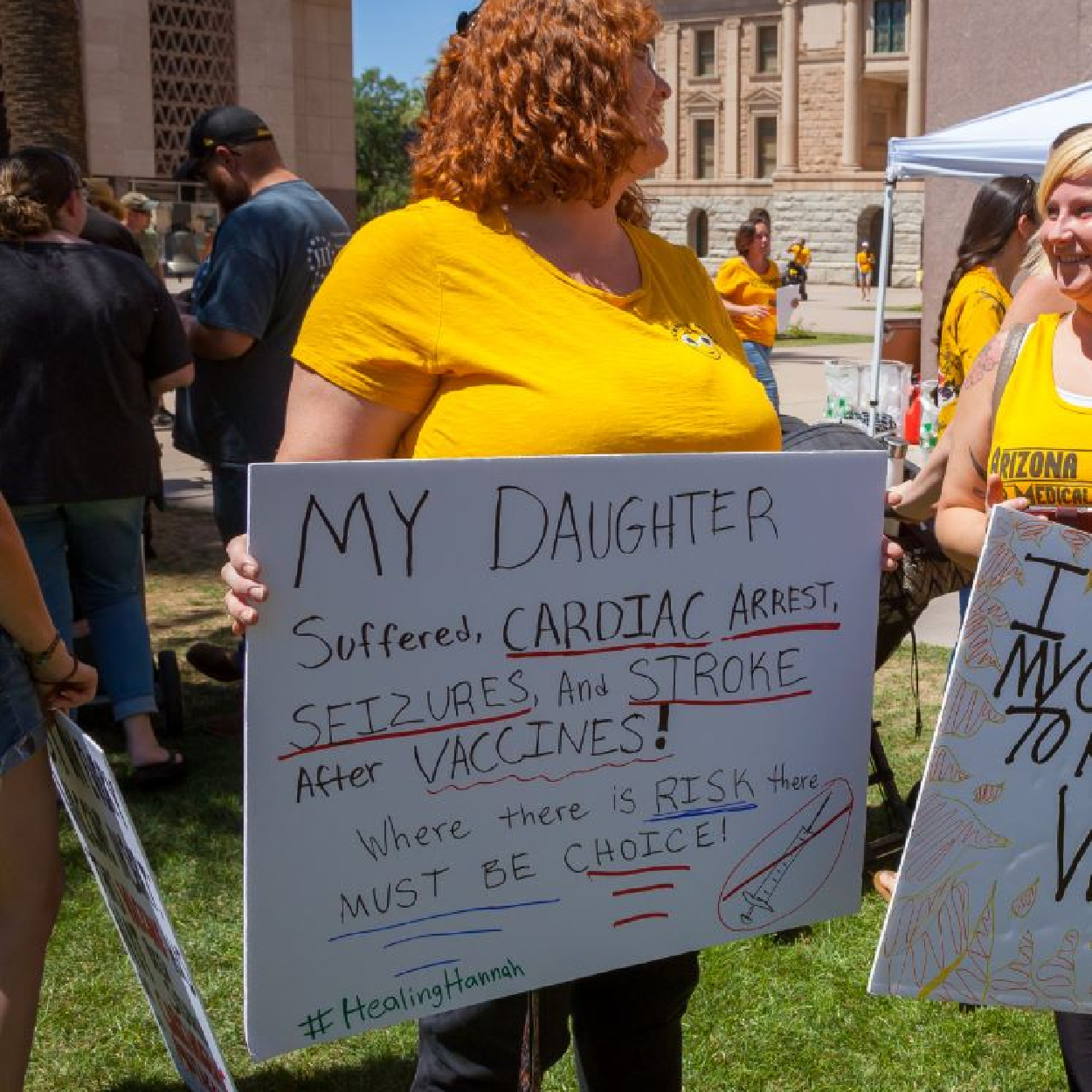
It’s understandable that many would have questions and concerns with the percentage of people declining the COVID-19 vaccine. But rather than make space for a human exchange about serious fears on both sides, incendiary rhetoric makes such conversation impossible, by insisting the only reason for dissent is selfishness or blatant ignorance.

When therapists advertise they are Latter-day Saints, clients expect them to provide services within the boundaries of Church guidelines. All too often, this is not the case.
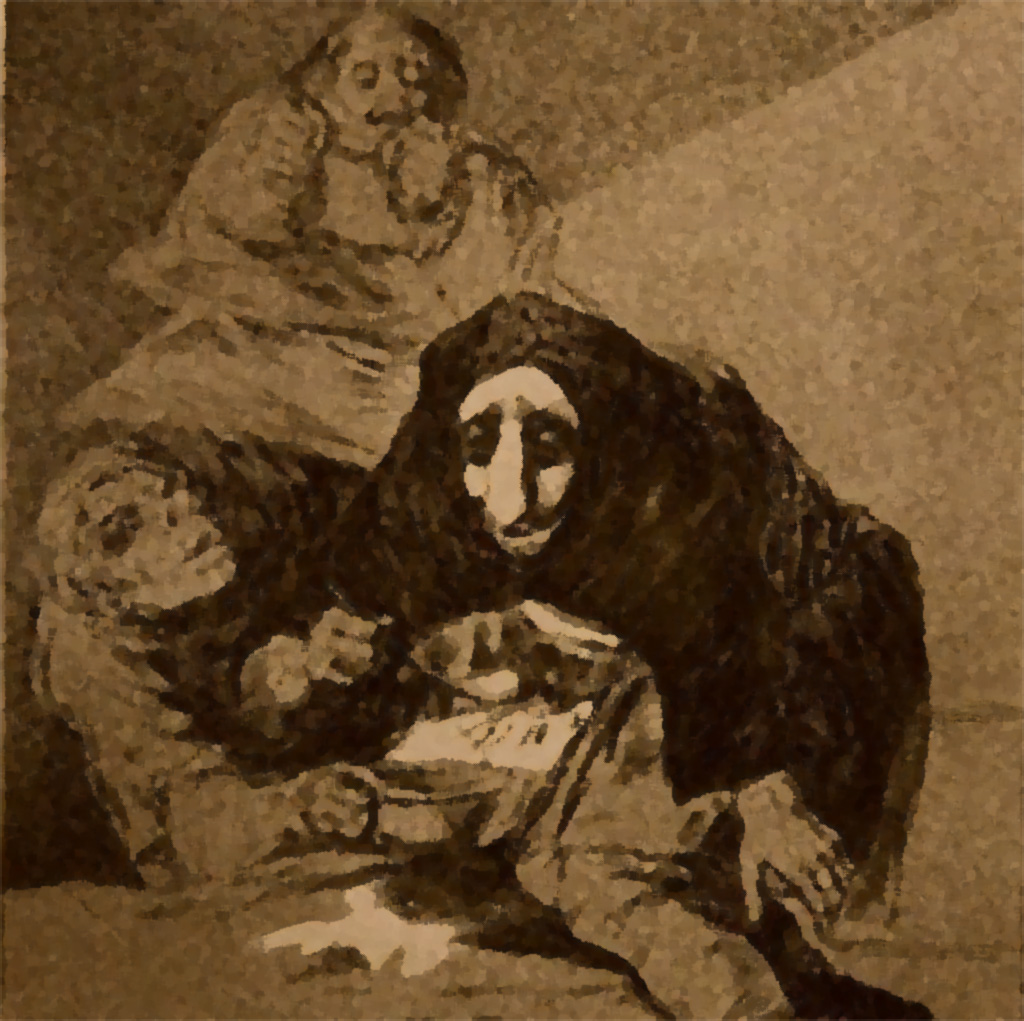
Natasha Helfer is not in trouble with the Church because the Church is trying to tell her how to do her job. She’s in trouble with the Church because she’s trying to tell it how to do its job.
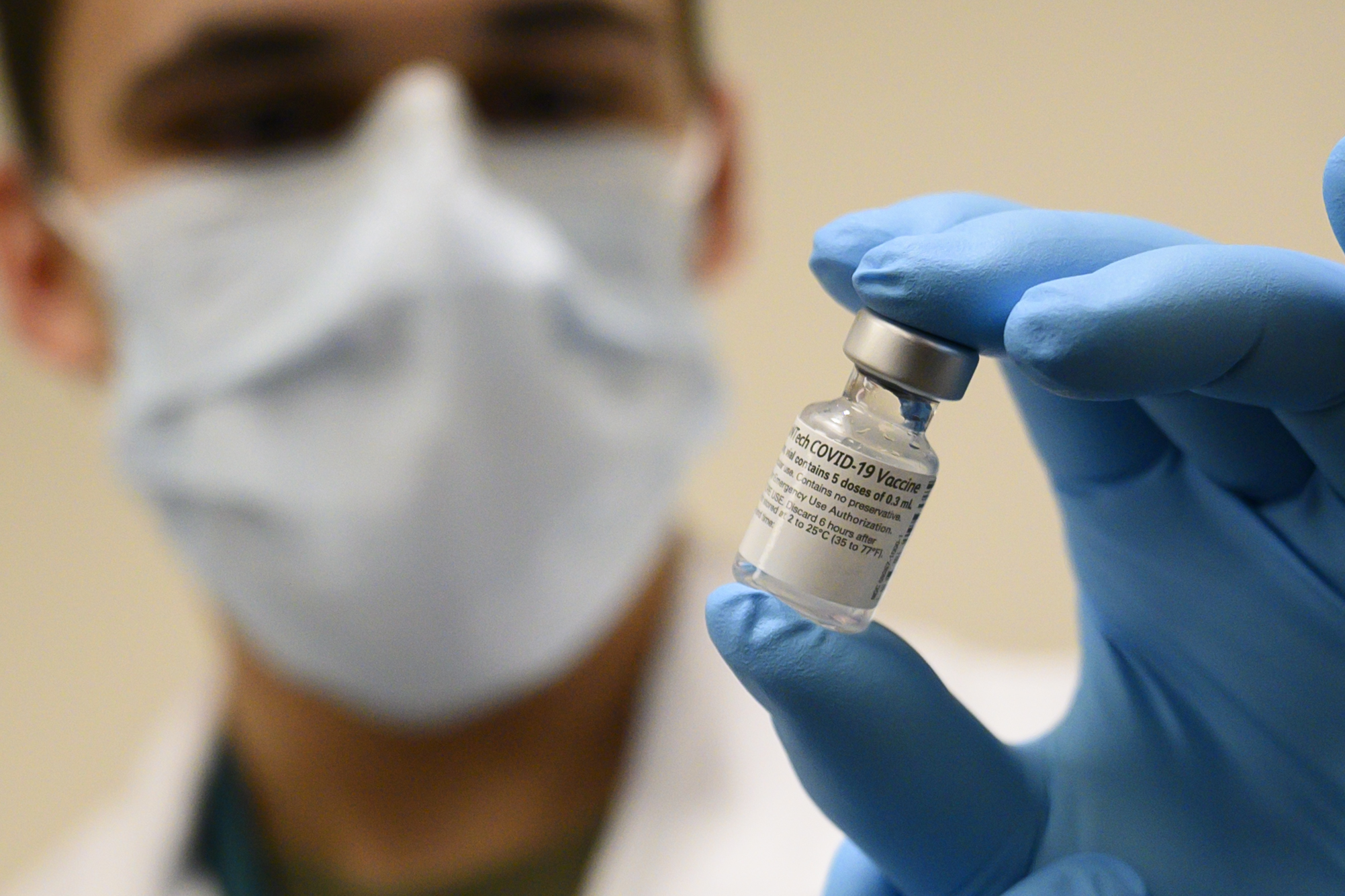
Honest conversation about vaccination might be more challenging than any other issue. Why? And is it even worth trying?
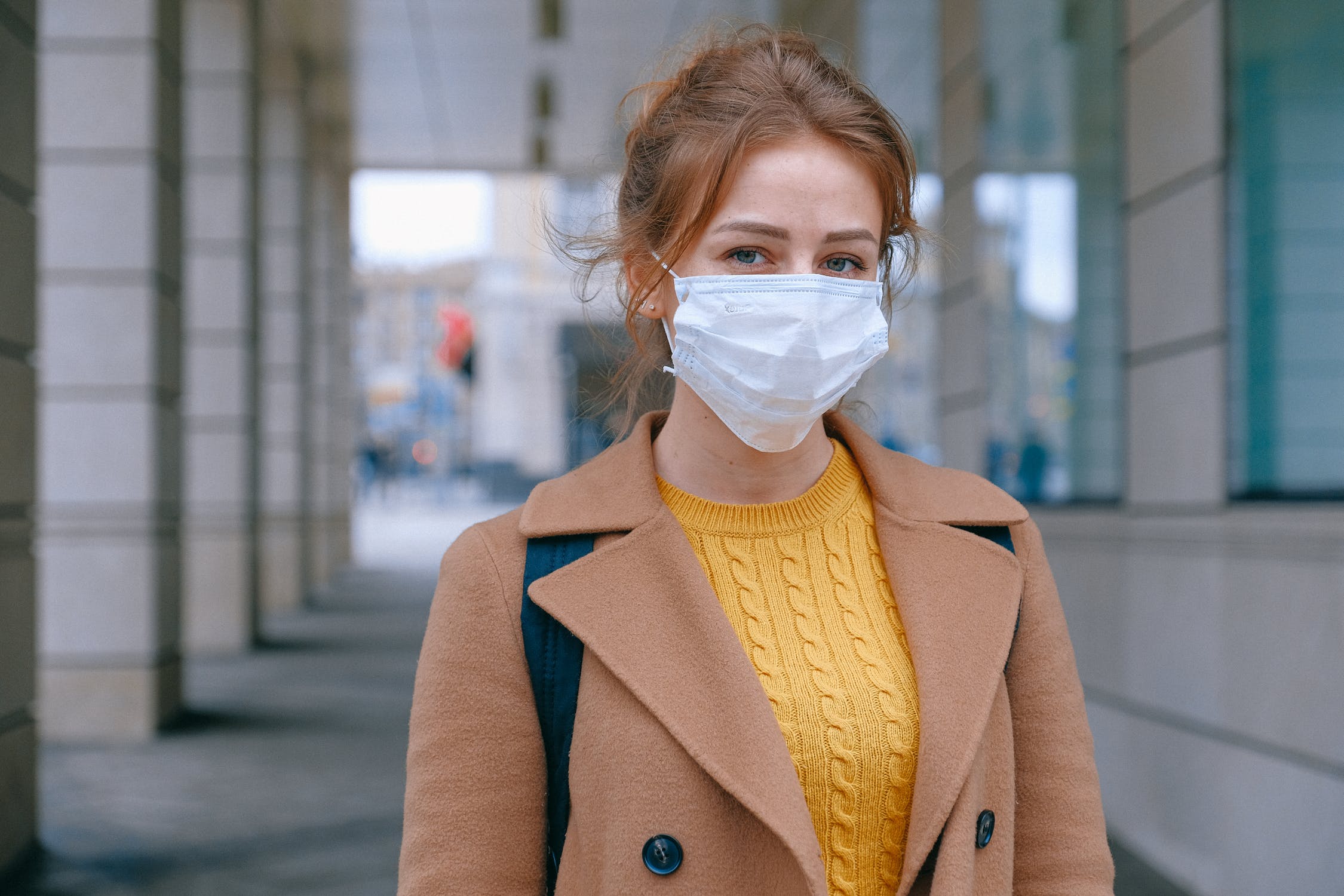
If journalists had greater religious literacy, they could have predicted and addressed religious concerns that vaccine passports resembled the mark of the beast rather than resorting to ridicule.
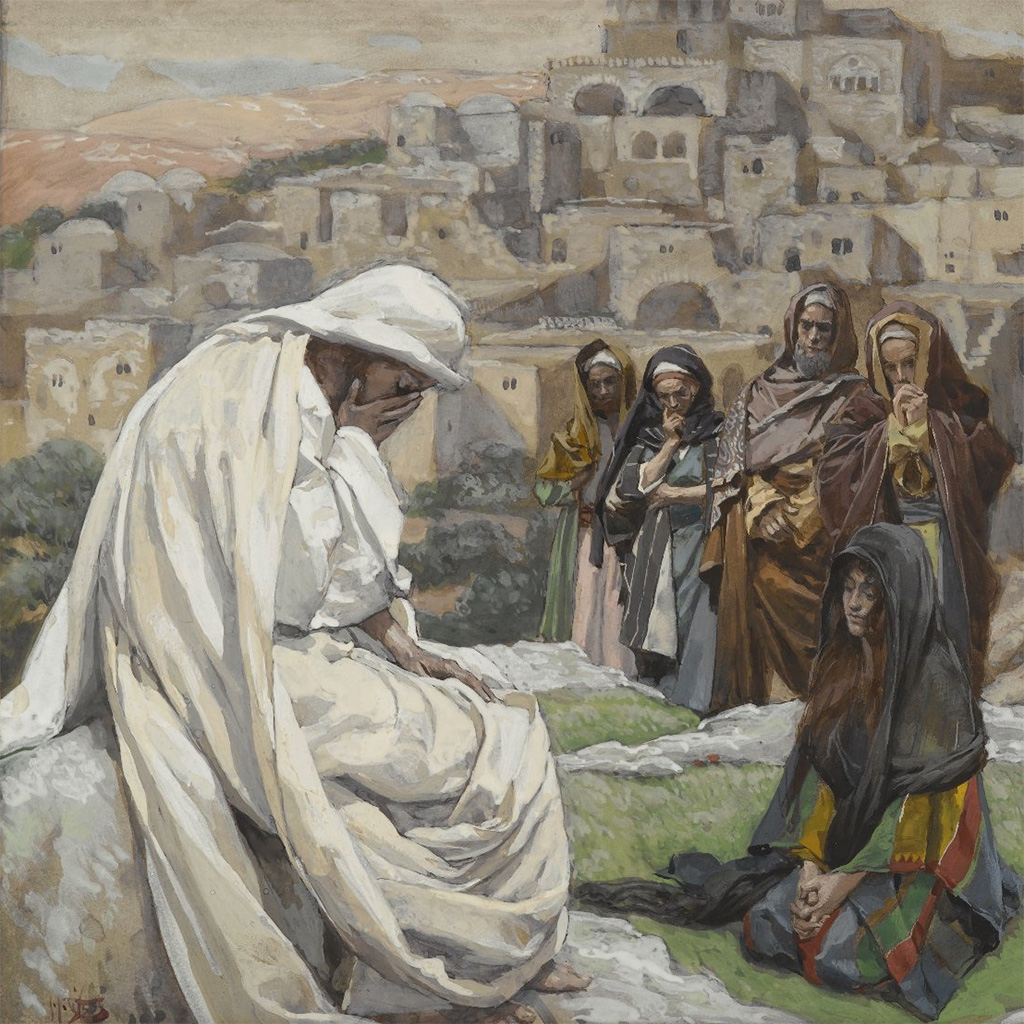
Much sorrow is being felt in the wake of this pandemic, by so many. How can we better “mourn with those that mourn,” while also working through our own grief in healing ways?
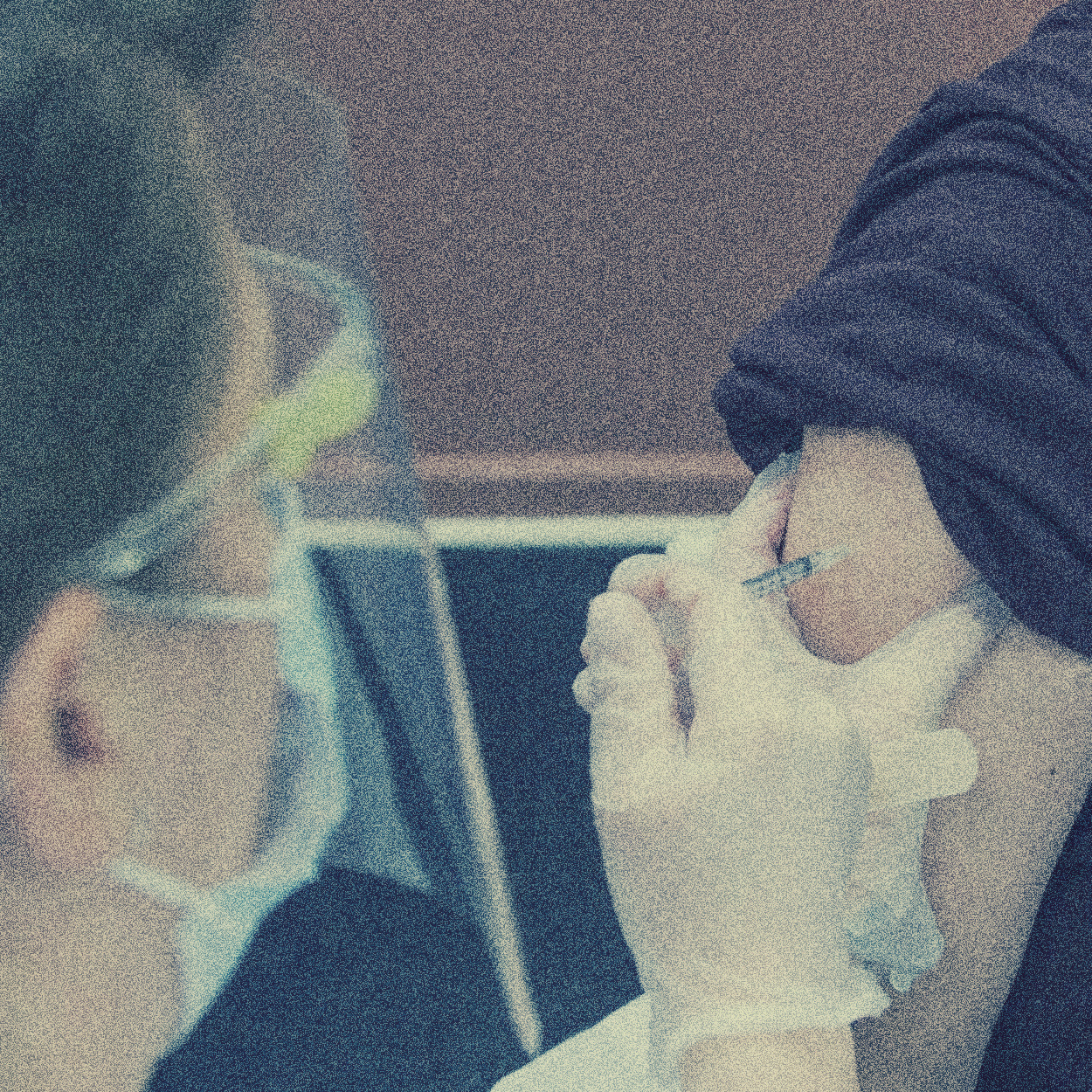
With public health messaging now emphasizing how remarkably effective COVID-19 vaccines are, it’s reasonable to ask what exactly that means? Based on the published studies of the leading three vaccine candidates, I dove in to better understand that for myself.

If you’re eager to move on from 2020, join the club. Before we do, let’s do one thing first.
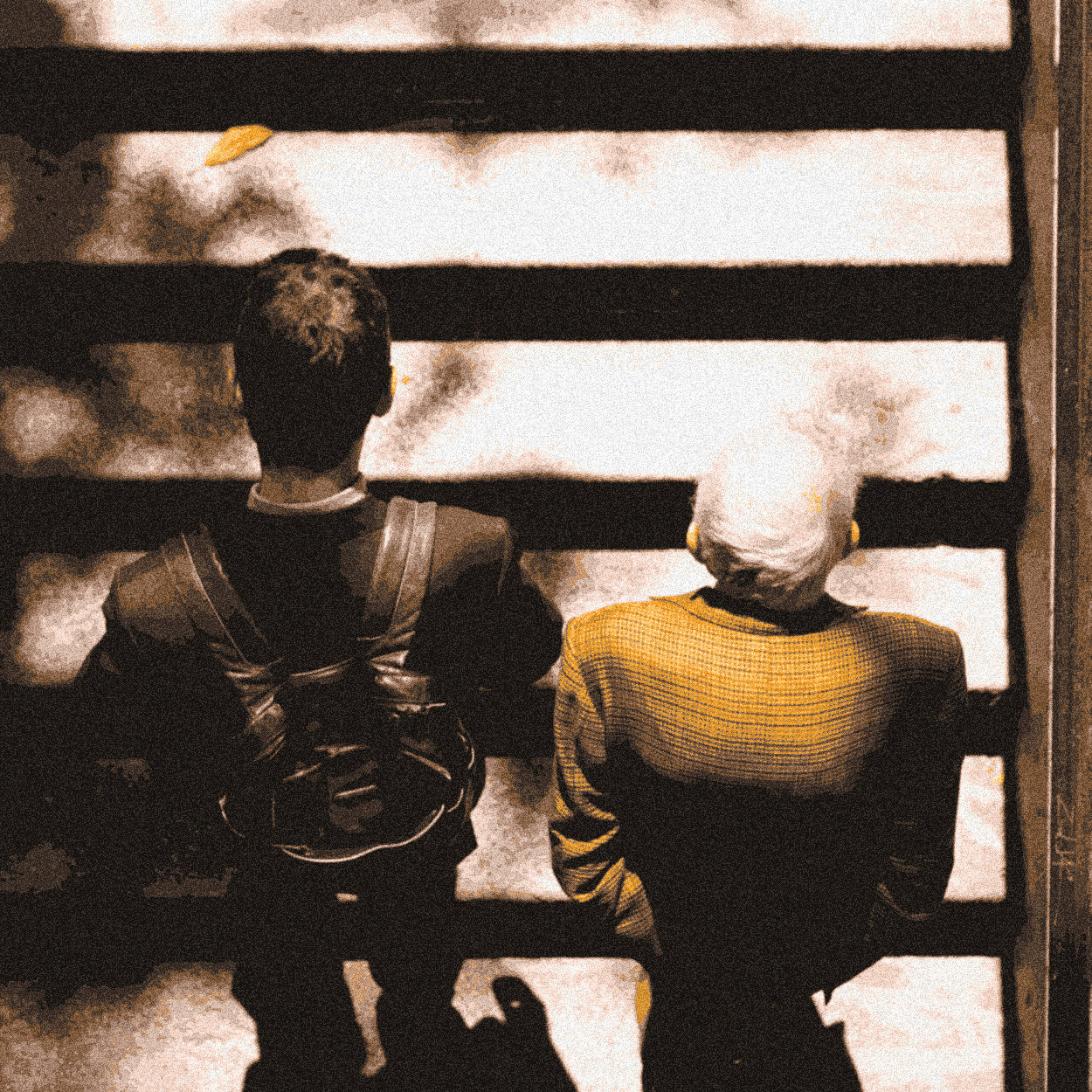
Covid is setting generations against each other. But it doesn’t have to. Latter-day Saint practices have helped prevent much of the present generational angst.
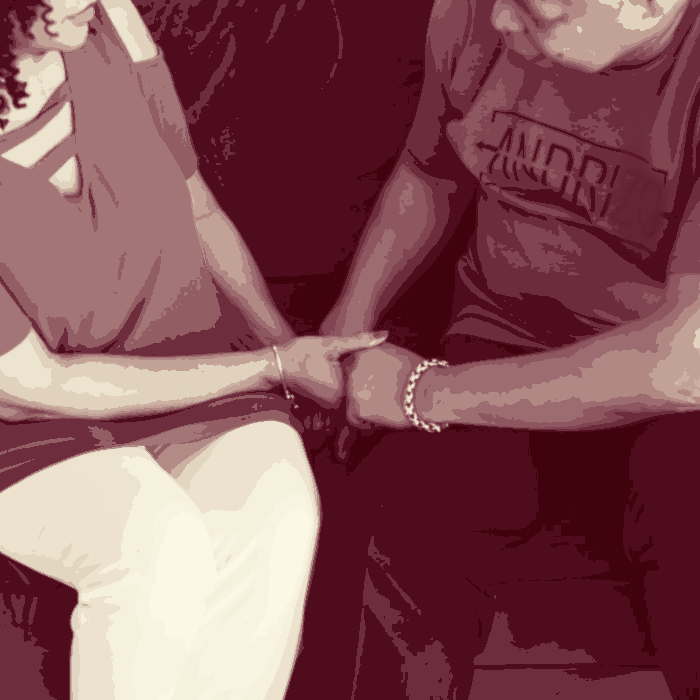
New study finds the link between religious devotion and spousal connection
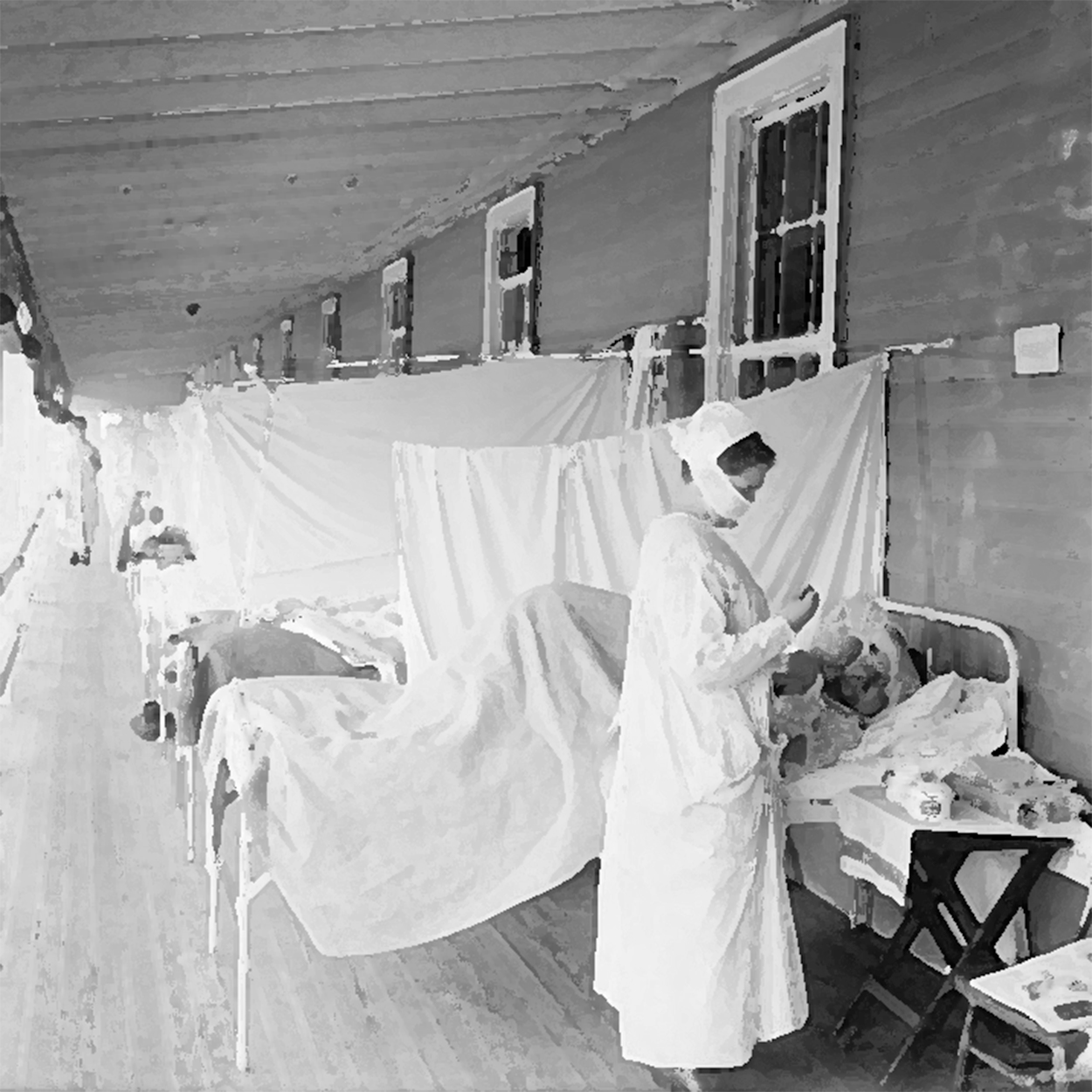
It’s more than mere disagreement we must tolerate. Tolerance means bearing the suffering of others and taking our own uncomfortable turn in history to face uncertainty and challenge.